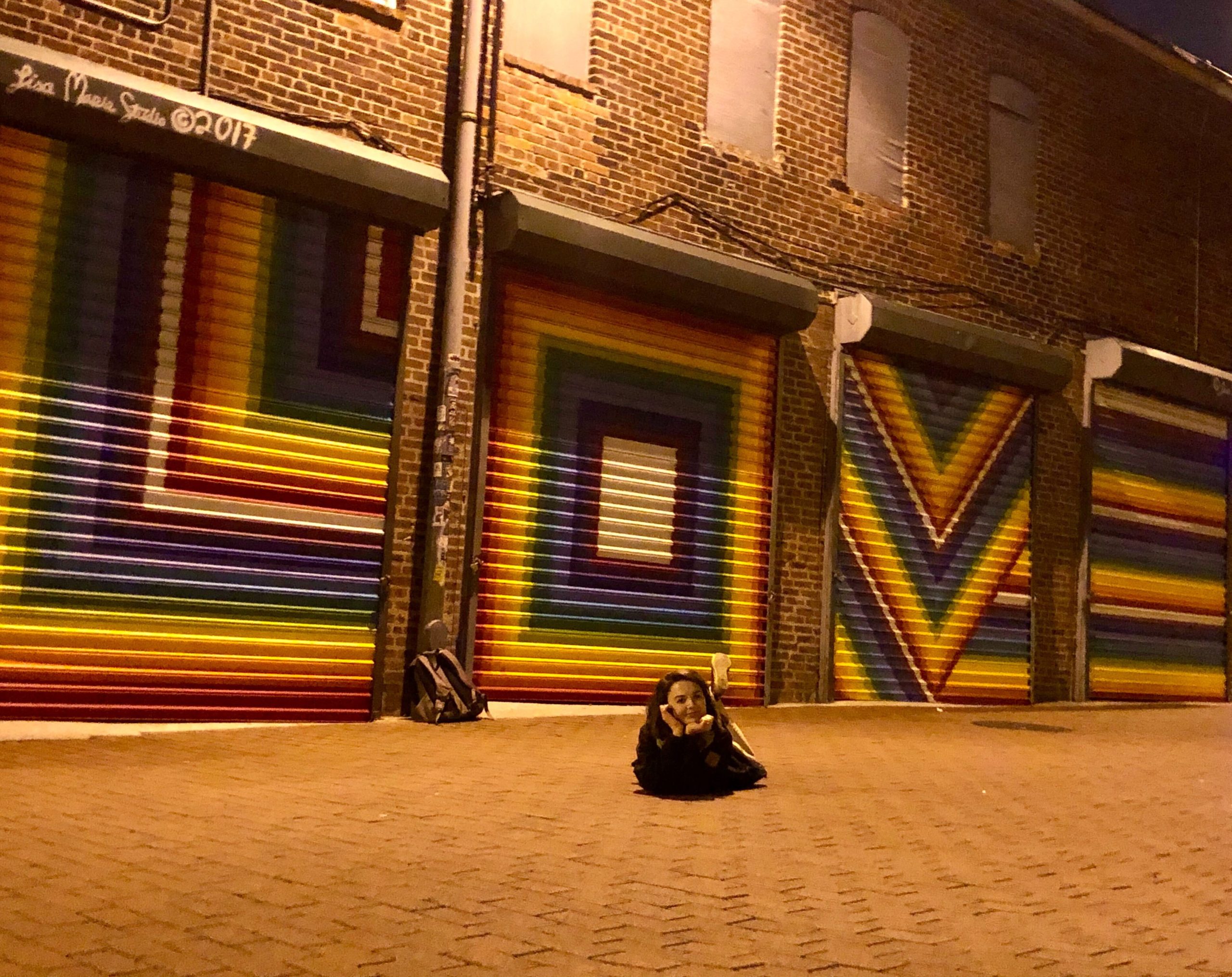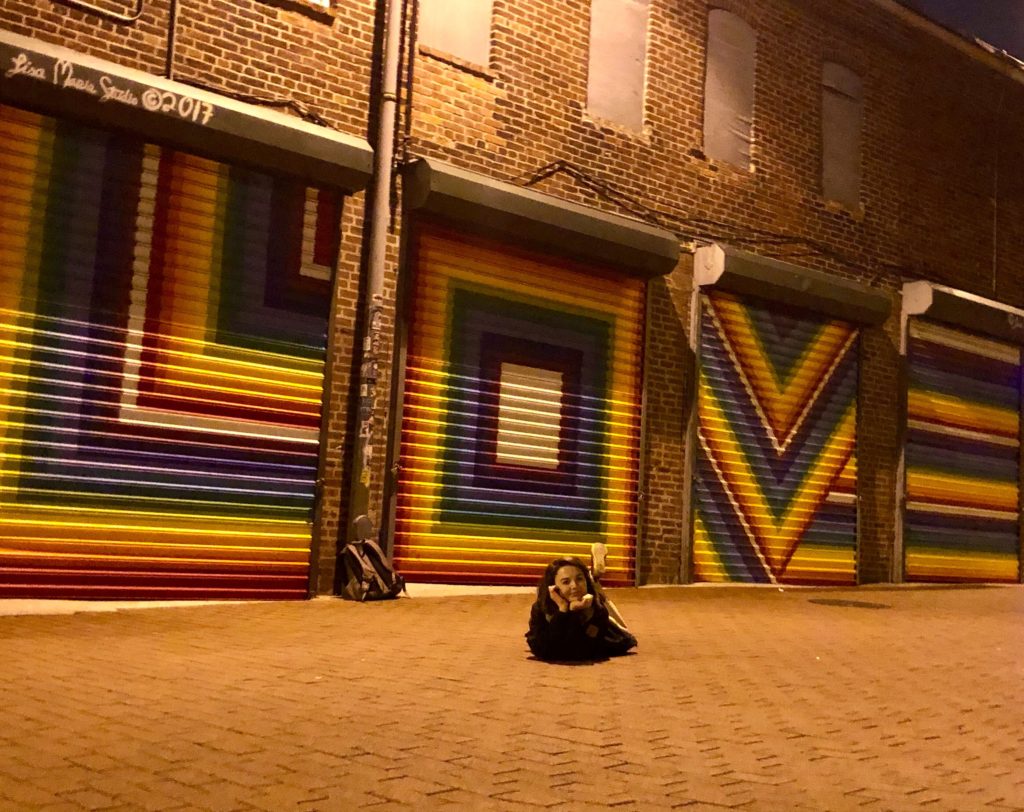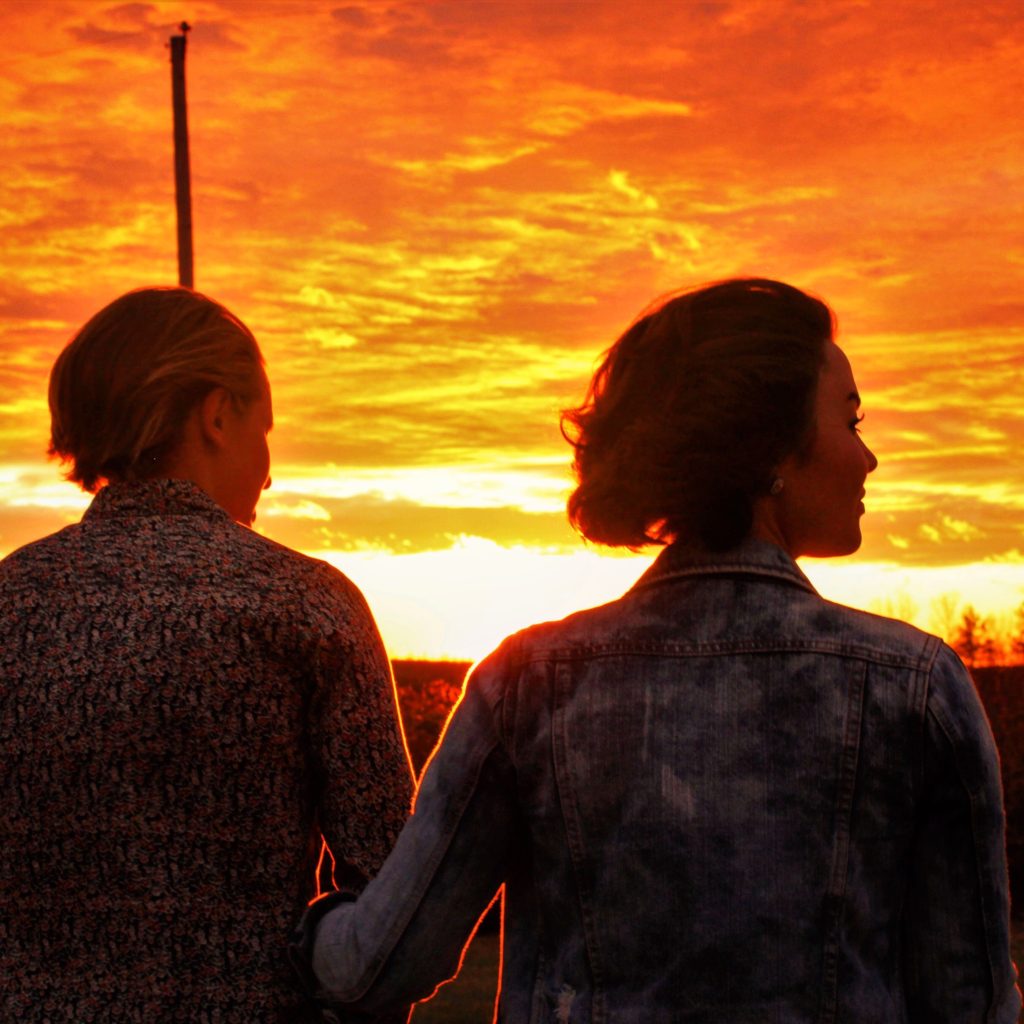Celebrating Diversity with Michaela Sidloski

Michaela Sidloski is CPAWS-SK’s summer mapping technician for 2020. She is currently working towards a Master’s degree in Environment and Sustainability at the University of Saskatchewan, and was kind enough to share her thoughts on environmental and social diversity with us this Pride Month.
Nature’s ability to embrace diversity by producing diversity is recognized and celebrated by people around the world. It is the reason that we are willing to climb different mountains each day, or to camp in the same park multiple times a year. No two such experiences are ever the same, thanks to the wild unpredictability of nature’s self-expression.
However, nature’s ability to create diversity is more than simply awe-inspiring; it is critical to her ability to survive. And unfortunately, biodiversity is not something that can flourish without human cooperation. Globally, biodiversity has been decreasing at an alarming rate over the past several decades. As anthropogenic climate-related changes become more prevalent and tangible in our everyday lives, this trend is expected to continue to accelerate dramatically.
While human beings can be so good at recognizing the beauty of diversity in nature, we often struggle to extend the same openness to difference to one another.
The irony of metaphors about every snowflake being unique or variety being the spice of life often seems completely lost on humanity. We encourage our friends and children to be different and be themselves. But not too different, because we find categories, boundaries, and dichotomies irresistible. We want our friends and children to be different as long as we can still fit them into a linear, neatly organized, and always oversimplified version of reality. Unfortunately, the frameworks that we use to make our world more digestible can also produce systems of inequity and injustice, both socially and environmentally.
Societally, it might do us well to take a step out of our collective comfort zone to reconceptualize our neat dichotomies as not-so-neat continuums (or better yet, complex and messy networks of interrelated connections). Cue social and environmental activism.

As a queer woman, I can attest to some of the marginalization faced by the LGBTQ2S+ community from my own lived experience. Having a whole month dedicated to LGBTQ2S+ Pride feels like progress and success, particularly because so many people worked so hard for so long to achieve it. In fact, every human right that the LGBTQ2S+ community has achieved was born out of a group of people committed to a cause. But while LGBTQ2S+ rights have undoubtedly come a long way, there is undoubtedly still a long way to go. And it is of critical importance that queer voices are heard, amplified, and responded to not only during the month of June, but that equitable opportunities for the LGBTQ2S+ community become embedded into the very fabric of our society.
As a white, able-bodied individual, there are myriad forms of discrimination that I will never experience, and thus never fully understand. For this reason, I believe that effective activism requires the use of my ears just as much as my voice. I am also committed to leveraging my privilege, wherever possible, to demonstrate authentic and active solidarity alongside marginalized groups that I am not a member of.
In contemporary Western society, a false dichotomy between humans and nature has been collectively constructed and systemically maintained. This characterization can serve as a convenient buffer between ourselves and nature. It is what allows us to disregard our responsibility to actively engage in relationships with the natural world and the beings within it. It is why we feel the need to escape to the countryside for a weekend before returning to our real lives. But the recognition that this worldview is not the only one that is long overdue.
Indigenous peoples across Canada and all over the world have sustained synergistic relationships with the Land for millennia. Traditional ecological knowledge held by Indigenous groups and maintained by Indigenous cultures holds the power to transform the very essence of humanity’s relationship to the Earth. As a global society, the ability to alleviate centuries of environmental damage and degradation is within our reach. But only if we are willing to listen, learn, and share the driver’s seat (and sometimes give it up entirely).



Breaking down the rigid human/nature dichotomy by emphasizing our individual and collective roles within natural ecosystems is no easy task. However, I believe there are valuable lessons to be learned from nature’s unwavering commitment to embracing diversity, regardless of what challenges may stand in her way in doing so. By standing up for one another, celebrating our differences, and learning from the experiences of others, we can follow nature’s lead in creating and maintaining healthy socioecological systems.
In closing, I want to wish you a Happy Pride month. I hope that the value of this and other celebrations of diversity are familiar to you, whether as member of a marginalized group or as an ally. Let us continue to demand better for one another and for the Earth.
